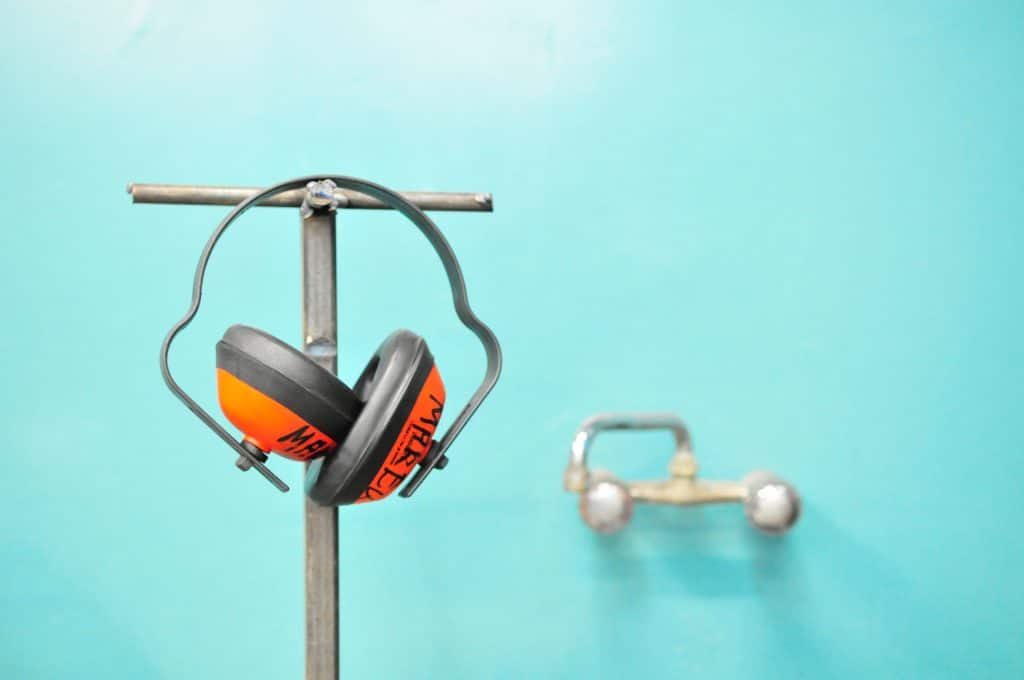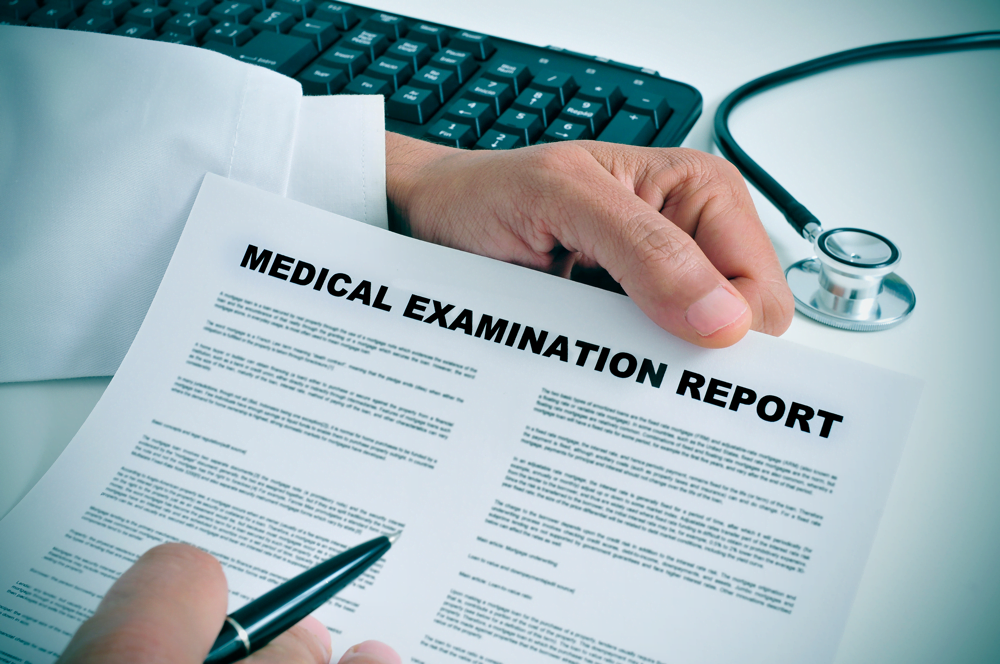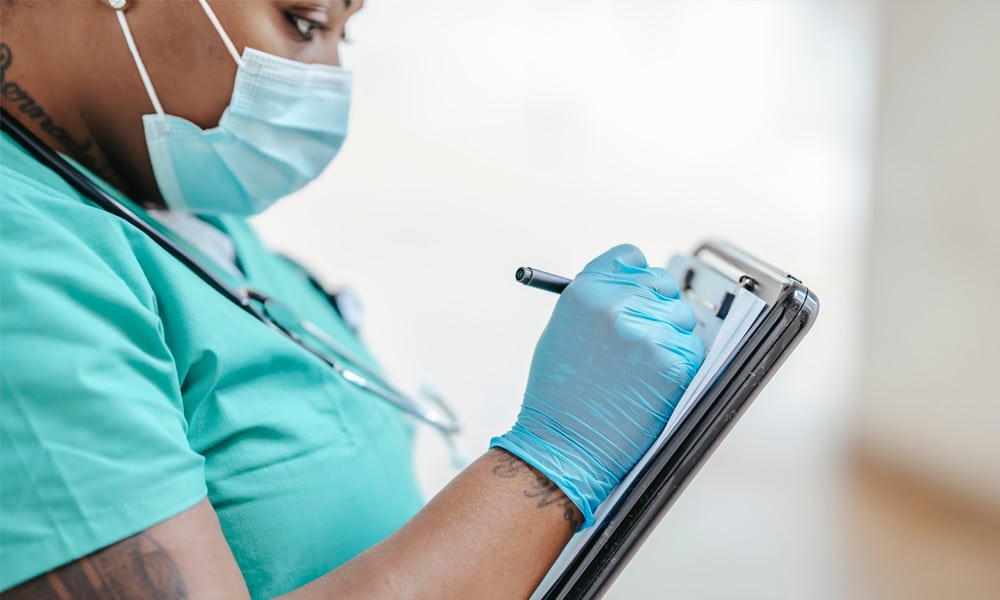Exposure To Noise At Work
Exposure to noise at work can cause irreversible hearing damage. It is one of the most common health problems and can be difficult to detect as hearing loss happens gradually over time. Throughout all industries throughout the United Kingdom, industrial hearing loss remains the occupational disease with the highest number of civil claims. Accounting for around 75% of all occupational disease claims, Hearing Surveillance allows you to catch this early & in time for treatment.
For this reason alone it is important for every business who has employees working in noisy environments to ensure they are providing hearing protection and healthcare surveillance. It simply makes sense to protect the hearing of your employees and indeed the business.
What do the regulations require you to do?
The Control of Noise at Work Regulations 2005 (Noise Regulations 2005) require employers to prevent or reduce risks to health and safety from exposure to noise at work. Employees also have duties under the Regulations. The Regulations require you as an employer to do the following:
- Assess the risks to your employees from noise at work;
- Take action to reduce the noise exposure that produces those risks;
- Provide your employees with hearing protection if you cannot reduce the noise exposure enough by using other methods;
- Make sure the legal limits on noise exposure are not exceeded;
- Provide your employees with information, instruction, and training;
- Carry out health surveillance where there is a risk to health.
Hearing Surveillance:
Noise levels: Louder Than 85 Decibels?
We know that noise causes hearing loss, but what noise and at what levels? Any sounds that are louder than 85 Db can cause permanent irreversible hearing loss depending on the length of exposure (dose). But just how loud is 85 Db? Take a look at these decibel ratings and permissible dose times.
Intensities of Common Sounds in Decibels
| Sounds | Intensities | Permissible exposure time |
| City Traffic, inside the car | 85 dB | 8 hours |
| Bulldozer | 88 dB | 4 hours |
| Jazz Concert | 91 dB | 2 hours |
| Power Mower | 94 dB | 1 hour |
| Nightclub | 97 dB | 30 minutes |
| Ambulance Siren, inside driver window down | 100 dB | 15 minutes |
| Rock Concert, Leaf Blower | 115 dB | 30 seconds |
There are also levels of noise exposure that must not be exceeded. These are called exposure limit values:
- daily or weekly exposure of 87 dB;
- peak sound pressure of 140 dB.
What is health surveillance?
Health surveillance is undertaken to monitor the ongoing health of an employee as part of an occupational health strategy. Health surveillance for hearing damage usually means:
- regular hearing checks in controlled conditions;
- telling employees about the results of their hearing checks;
- keeping health records;
- ensuring employees are examined by a doctor where hearing damage is identified.
Ideally, health surveillance is begun before people are exposed to noise (ie for new starters or those changing jobs). Doing so gives you an identified baseline of someone’s ability to hear before they begin to work for you. It can, however, be introduced at any time for employees already exposed to noise.
The initial hearing screening should be followed by a regular series of checks, usually annually for the first two years of employment and then at three-yearly intervals (although this depends if any problem with hearing is detected or where the risk of hearing damage is high).
Remember
By law, as an employer, you must assess and identify measures to eliminate or reduce risks from exposure to noise so that you can protect the hearing of your employees. Where the risks are low, the actions you take may be simple and inexpensive, but where the risks are high, you should manage them using a prioritized noise-control action plan.







